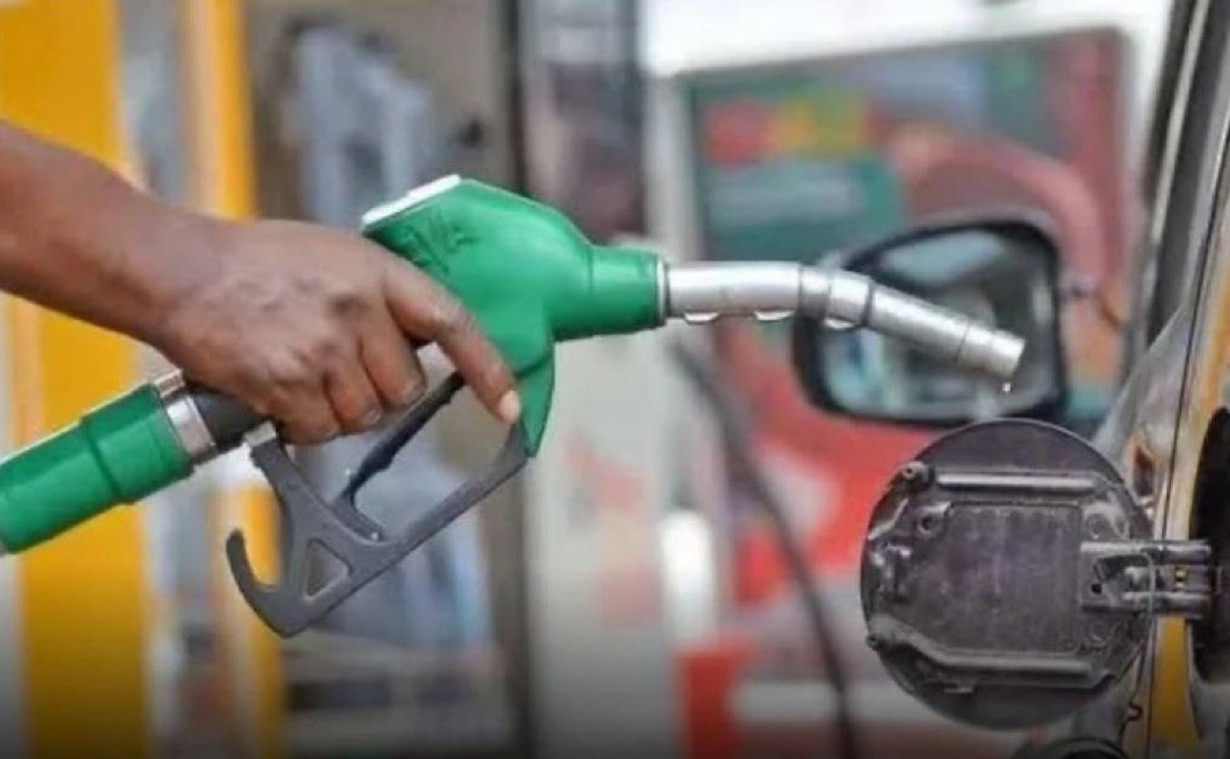Business
Nigerian Fuel Prices in Jeopardy: Petrol Marketers May Switch to Dollar Sales if Naira Deal Fails

Petrol marketers in Nigeria may resort to selling fuel in dollars if the proposed Naira-for-crude oil deal fails, according to the Independent Petroleum Marketers Association of Nigeria (IPMAN). The warning comes amid concerns over the Nigerian government’s efforts to stabilize the exchange rate and ensure a steady fuel supply.
IPMAN officials have stated that the current exchange rate volatility is putting significant pressure on the oil sector. The Naira-for-crude oil deal, which the Nigerian National Petroleum Company Limited (NNPCL) is negotiating, aims to allow local refiners to pay for crude in Naira instead of sourcing dollars. However, if the deal does not go through, petrol marketers may be forced to sell in dollars to keep up with rising costs.
This development could have serious implications for fuel pricing in Nigeria. If petrol marketers switch to dollar transactions, it may lead to higher fuel prices, making it even more difficult for consumers already struggling with inflation and economic challenges. Nigeria, Africa’s largest oil producer, still relies heavily on fuel imports due to inadequate local refining capacity. As a result, fluctuations in foreign exchange rates directly impact the price of petroleum products.
IPMAN has urged the government to finalize the Naira-for-crude deal to prevent further disruptions in the fuel market. The association warns that without a stable pricing mechanism, the fuel supply chain could face severe difficulties, affecting transportation, businesses, and daily life across the country.
The Nigerian government has been making efforts to boost local refining capacity by supporting projects such as the Dangote Refinery and rehabilitating state-owned refineries. However, until these facilities operate at full capacity, the country remains vulnerable to international crude price fluctuations and exchange rate instability.
Stakeholders in the petroleum sector have called on the government to intervene and provide clear policies to stabilize the market. If fuel marketers begin pricing in dollars, it could create further economic strain, particularly for Nigerians who earn in Naira.
The situation remains uncertain, and all eyes are on the outcome of the Naira-for-crude negotiations.
